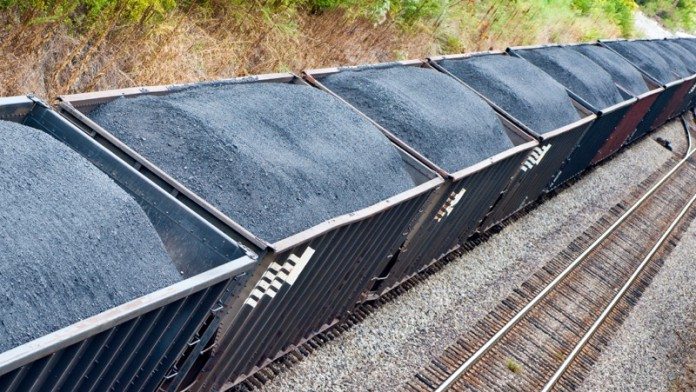
MAJOR coal exporter Thungela Resources does not expect a significant impact on its exports from the rail and port strike announced by the United National Transport Union unless it runs for at least two weeks.
The company said in a statement that its operations were able to run without rail for a further seven days without experiencing a significant impact on production but it added “in the event of a protracted strike extending to two weeks we would be forced to further curtail production with the potential resultant impact being a reduction of up to 300,000 tons of export saleable production.”
According to Thungela, it had already built up “relatively high stockpile levels” on its operations because of rail constraints over recent months.
Thungela pointed out that the Richards Bay Coal Terminal operated independently of Transnet “should be able to continue to load vessels subject to Transnet continuing to provide a number of services required for the berthing and unberthing of vessels such as pilots and tugboats”.
Thungela concluded that “given RBCT’s ability to load vessels and Thungela’s ability to draw down on healthy stock levels at port, we currently expect the impact on sales for quarter four 2022 to be limited”.
“Energy is much more obvious because people can see the energy crisis we are facing. Stage four load shedding is in our faces every day. But how many people know that at the logistics level the performance is as bad as what it is at the energy level?”, he asked during a presentation to the Joburg Indaba, a conference.
Baxter said RBCT had exported on average 72Mt/year from 2015 to 2019 but only managed 50Mt in 2021 – the lowest since 1996 – because of Transnet’s inability to rail the coal. That cost the coal industry R16bn in lost export earnings measuring actual against target export volumes.
Target RBCT exports for this year are 60Mt, but Baxter reckons the actual tonnage moved is likely to be around 50Mt representing an opportunity cost of R30bn measuring actual against target tonnages. This number more than doubled to R63bn if the actual exports were measured against the coal line nameplate capacity of 78Mt/year.
The shortfall on meeting nameplate capacity also translated into a R12bn opportunity cost in tax to the Treasury.











